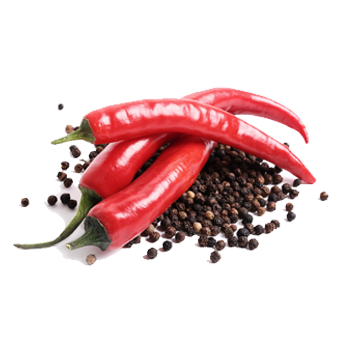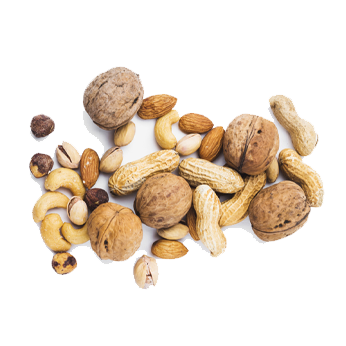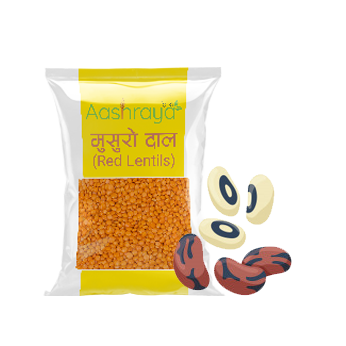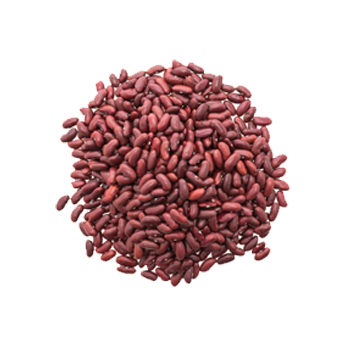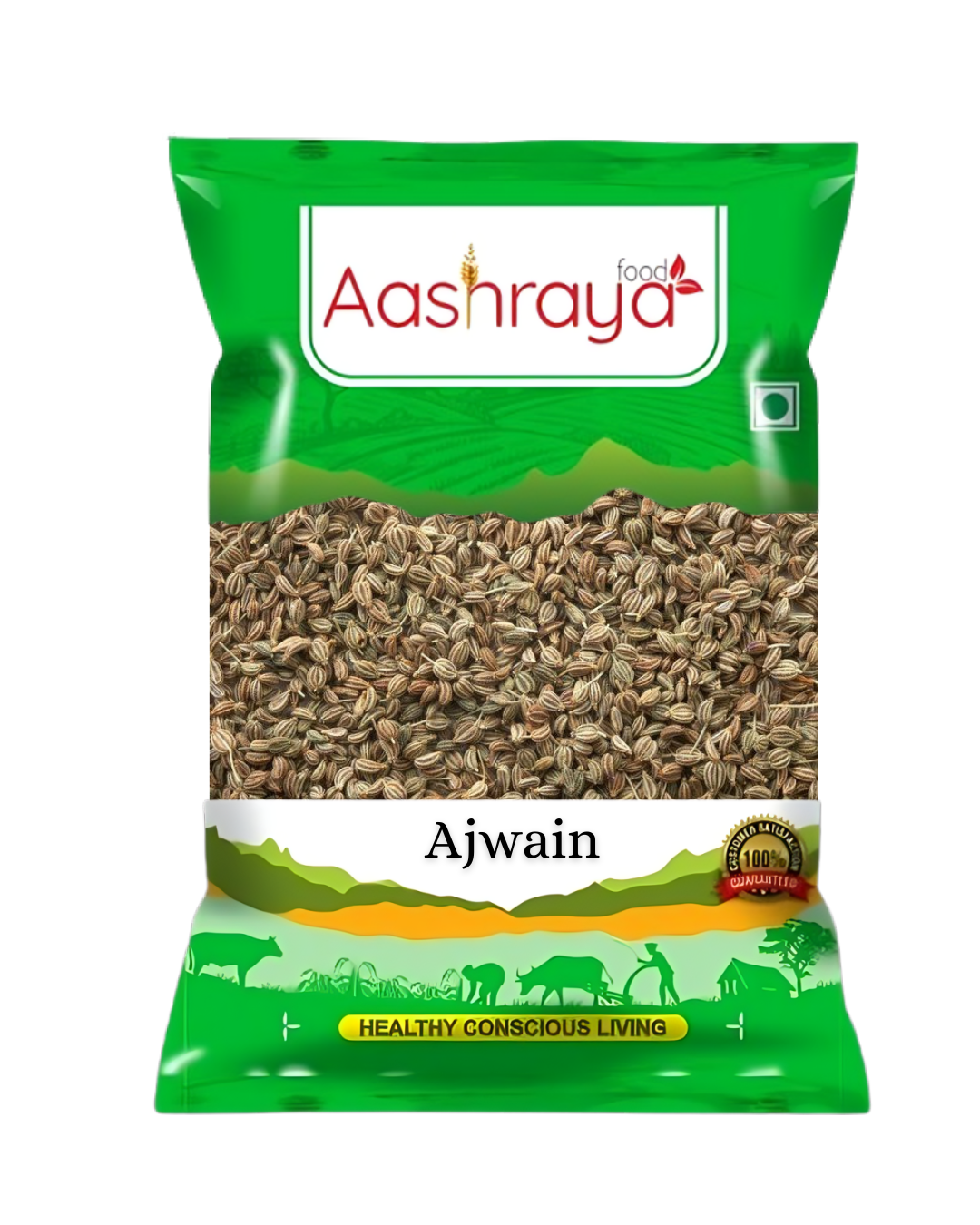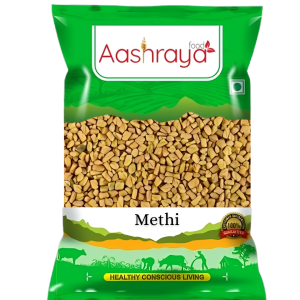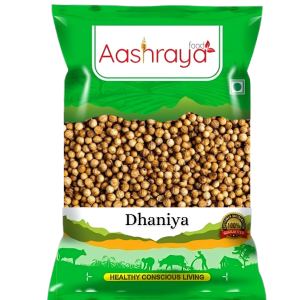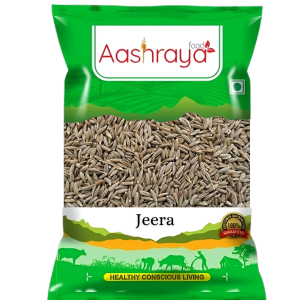Ajwain 500GM
₨ 300 

Health Benefits:
- Improves Digestion: Ajwain is considered a natural remedy for indigestion, bloating, and acidity. It contains compounds that help stimulate the production of digestive enzymes.
- Antimicrobial Properties: Ajwain has antimicrobial and anti-inflammatory properties, making it useful in fighting infections.
- Relieves Respiratory Issues: It is sometimes used to relieve symptoms of a cold, cough, or bronchitis due to its ability to open up the airways and reduce inflammation.
Ajwain seeds are also commonly found in carminative (digestive) spice mixes, like panch phoran, and are used in fennel- or cumin-based recipes for a distinctive flavor.
Ajwain seeds (also known as carom seeds) are small, oval-shaped seeds that are often used in Nepal and Middle Eastern cooking. They come from the Trachyspermum ammi plant and have a strong, aromatic, slightly bitter taste.
Flavor Profile:
- Ajwain has a sharp, bitter, and slightly peppery flavor, with a hint of thyme or oregano.
- The flavor is quite intense, so it’s typically used in smaller quantities than other spices.
Common Uses:
-
In Indian Cooking:
- Tadka (Tempering): Ajwain is often fried in hot oil or ghee and added to dals, curries, or vegetable dishes.
- Bread and Parathas: Ajwain is commonly used in Nepal flatbreads, like ajwain paratha, where it’s mixed into the dough for added flavor.
- Pickles: Ajwain is also used in pickles and in some chutneys for a spicy kick.
-
Medicinal Use:
- Digestive Aid: Ajwain is known for its digestive properties. It’s often consumed with warm water or in ajwain water to help relieve indigestion, bloating, or gas.
- Tea: Ajwain is sometimes brewed into a tea to soothe stomach issues or to relieve symptoms of cold and cough.
-
In Middle Eastern and Mediterranean Cuisine:
- It is used in some spice blends and dishes, particularly in flatbreads and savory pastries.

